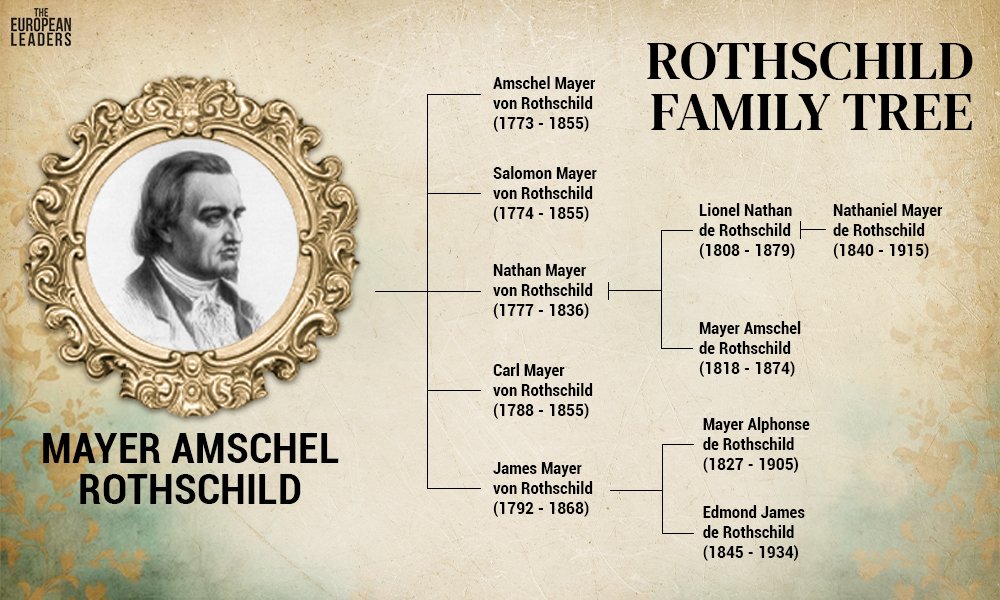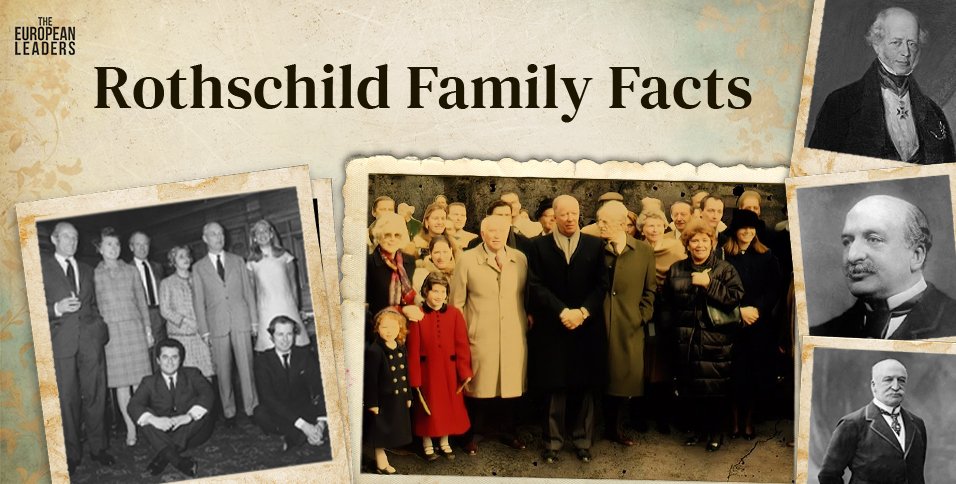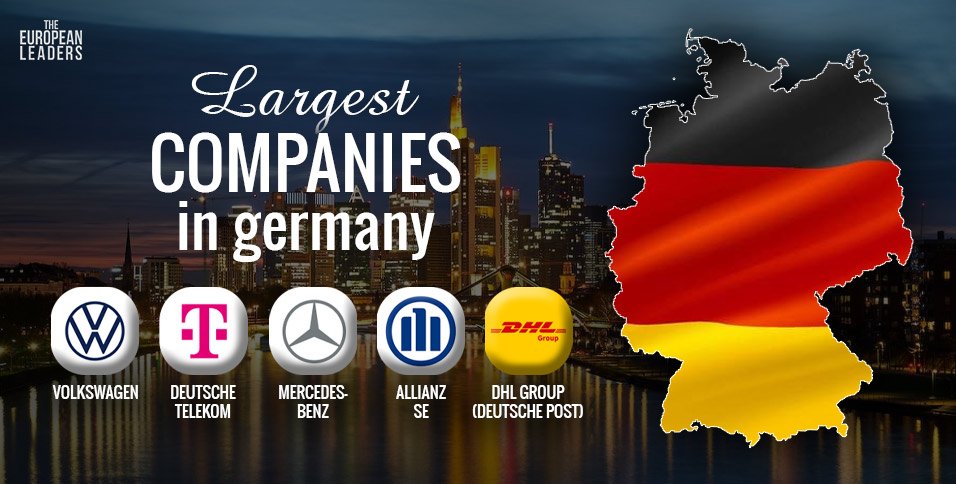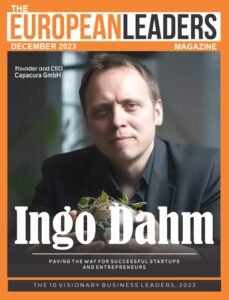The Rothschild family is one of the world’s most famous and influential families, particularly known for their role in banking and finance. Originating in Frankfurt, Germany, the family’s rise to prominence began in the late 18th and early 19th centuries. In this article, we will explore some of the most intriguing Rothschild family facts that reveal how they built a financial empire and shaped the course of history.
Mayer Amschel Rothschild established a banking business that would eventually become a European financial empire. He strategically placed his five sons in key European cities—London, Paris, Vienna, Naples, and Frankfurt. This created a network of banks that allowed them to finance governments, wars, and major infrastructure projects.
Though Rothschild’s wealth and influence have often made them the subject of myths and conspiracy theories they have a remarkable legacy. Before we look at some intriguing Rothschild family facts, let us understand the Rothschild family tree.
Rothschild Family Tree

10 Lesser Known Rothschild Family Facts
1. A Humble Start with a Royal Connection (Late 1700s)
Mayer Amschel Rothschild started his business as a dealer in coins and antiques. His fortunes took a turn when he gained the patronage of Prince William of Hanau, a local aristocrat, who borrowed funds from him. Prince William’s endorsement introduced Mayer to influential noblemen, which laid the foundation for the family’s rise in European finance.
2. First Jewish aristocratic family in Europe (Post-Napoleonic Wars, Early 1800s)
After the Napoleonic Wars, Austrian Foreign Minister Prince Metternich sought help from Salomon Mayer von Rothschild to arrange substantial loans for Austria’s rebuilding efforts. Salomon created new financial instruments to handle this immense task. This earned the family not only immense wealth but noble titles as they were ennobled, becoming the first Jewish aristocratic family in Europe.
3. Rothschild Marriages Were Between Cousins (Early 19th Century)
This interesting Rothschild Family facts is about intermarriage. To preserve their fortune, Mayer Amschel Rothschild orchestrated marriages between Rothschild cousins. These unions were carefully arranged, generally with Jewish partners, to ensure both the family’s cohesion and the continuity of their legacy.
4. First Jewish Barons of the Austrian Empire (1822)
Mayer’s five sons were elevated to barons of the Austrian Empire for their services to Austria and Europe. This marked a historic moment, as they became the first Jewish family to enter the aristocracy. This Rothschild Family facts symbolize their unprecedented influence in European society and finance.
5. Largest Private Donation For Famine Relief In Ireland (1845-1849)
During the Great Irish Famine, Lionel Nathen de Rothschild, his brother Mayer, and others founded the British Relief Association. The fund ultimately raised over £600,000, the largest private donation for famine relief in Ireland.
6. Lionel Rothschild: The First Openly Jewish Member Of British Parliament (1847-1858)
Lionel Nathen de Rothschild was elected to the British Parliament in 1847 but refused to take a Christian oath, which was a requirement for seating. Re-elected multiple times, he fought to change this rule. In 1858, after eleven years, he was finally seated, becoming the first openly Jewish member of Parliament.
7. Unofficial Leaders of British Jewry (Mid-19th Century)
The British Rothschild branch’s head has traditionally acted as the unofficial leader of British Jewry. Their financial power and political influence positioned them as key figures in the Jewish community in the UK as seen in these Rothschild Family facts.
8. First Rothschild in British Peerage (1885)
Nathaniel Mayer de Rothschild, 1st Baron Rothschild, was the first member of the family to be elevated to the British peerage. This Rothschild Family Facts marks another historic achievement. This formalized the Rothschild’s presence within Britain’s aristocracy and solidified their influence in British high society.
9. Alphonse de Rothschild Financed the Liberation of France (1871-1872)
Alphonse de Rothschild, head of the French branch, played a vital role in the 1871 and 1872 French Liberation Loans. This financing effort helped France pay reparations to Prussia after the Franco-Prussian War. Alphonse wielded significant influence to maintain Adolphe Thiers in power as the head of the French government.
10. Israel Repatriated Edmond And His Wife’s Remains 20 Years After Their Death (1934-1935)
Edmond James de Rothschild, a visionary and philanthropist, passed away in Paris in 1934, followed by his wife Adelheid in 1935. Twenty years later, in a testament to his legacy, their remains were re-interred in a state ceremony in Ramat Hanadiv, Israel, in an area between towns named in honor of Edmond and his father.
Conclusion
The Rothschild family’s legacy is one of wealth, influence, and innovation. These Rothschild family facts highlight how their impact on banking, politics, and philanthropy shaped history and continues to captivate interest today.
FAQs
- What is the Rothschild family known for?
Answer: The Rothschild family is known for their pioneering role in banking and finance. They built a vast banking empire across Europe in the 19th century, funding major infrastructure projects, governments, and wars. Their wealth and influence also extended into philanthropy, politics, and the arts.
- How did Rothschild get rich?
Answer: The Rothschild family amassed wealth through a network of banks established by Mayer Amschel Rothschild and his five sons across Europe. They financed wars, such as the Napoleonic Wars, and major projects like railways. Their innovative financial strategies, such as government bond trading, played a key role in their success.
- Rothschild family net worth
Answer: The exact net worth of the Rothschild family is difficult to determine due to the dispersed nature of their wealth across various family members, trusts, and businesses. Estimates suggest their collective wealth could be $1 billion.
- Is the Rothschild family the richest family in the world?
Answer: No, the Rothschild family is no longer the richest family in the world. However, they were considered the wealthiest family during the 19th century, particularly in the mid-1800s.








